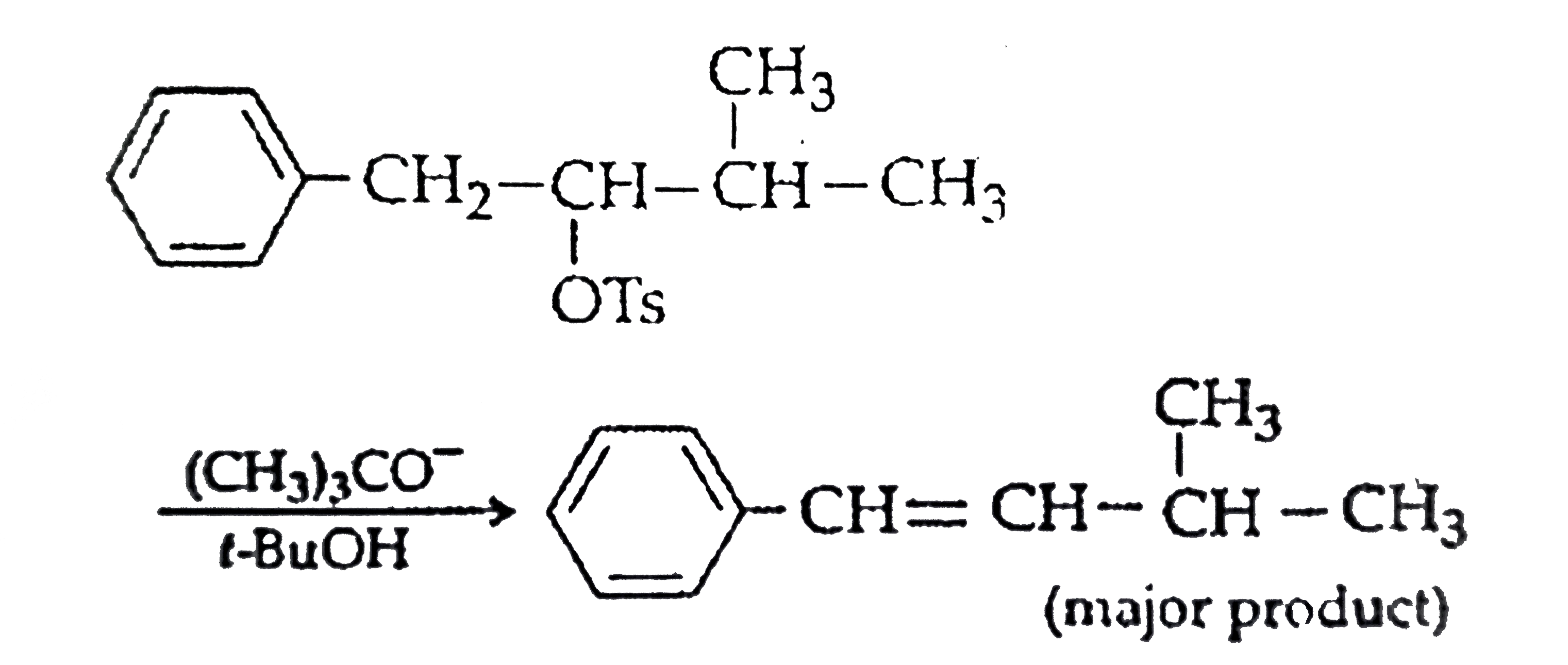What is the difference between :
Modern explanation and Arrhenius explanation for the theory of electrolysis ?
To answer the question regarding the difference between the modern explanation and the Arrhenius explanation for the theory of electrolysis, we can break down the concepts as follows:
1. Definition of Electrolysis:
- Electrolysis is the process by which ionic substances are decomposed into their constituent ions when an electric current is passed through them. For example, when sodium chloride (NaCl) is electrolyzed, it breaks down into sodium ions (Na⁺) and chloride ions (Cl⁻).
2. Arrhenius Explanation:
- Svante Arrhenius proposed that electrolytes are substances that dissociate into ions when dissolved in water. He suggested that water plays a crucial role in ionizing these electrolytes. According to Arrhenius, the presence of water is essential for the conduction of electricity through the solution because it allows the ions to move freely.
3. Modern Explanation:
- The modern theory of electrolysis expands on Arrhenius's ideas. It states that electrolytes are ionic in nature even in their solid state, meaning that they consist of ions that are held together by strong electrostatic forces. These forces keep the ions immobile in the solid state. When dissolved in water, the water molecules help to break these electrostatic forces, allowing the ions to move freely and conduct electricity.
4. Key Differences:
- Role of Water:
- Arrhenius: Water is necessary for the ionization of electrolytes.
- Modern Theory: Electrolytes are ionic even in solid form, and water facilitates the mobility of these ions by breaking the strong electrostatic forces.
- State of Electrolytes:
- Arrhenius: Focuses primarily on the behavior of electrolytes in solution.
- Modern Theory: Considers the ionic nature of electrolytes in both solid and liquid states.
Summary:
In summary, the Arrhenius explanation emphasizes the role of water in ionizing electrolytes, while the modern explanation highlights that electrolytes are inherently ionic, even in solid form, and that water aids in the mobility of these ions.
---
- Electrolysis is the process by which ionic substances are decomposed into their constituent ions when an electric current is passed through them. For example, when sodium chloride (NaCl) is electrolyzed, it breaks down into sodium ions (Na⁺) and chloride ions (Cl⁻).
- Svante Arrhenius proposed that electrolytes are substances that dissociate into ions when dissolved in water. He suggested that water plays a crucial role in ionizing these electrolytes. According to Arrhenius, the presence of water is essential for the conduction of electricity through the solution because it allows the ions to move freely.
- The modern theory of electrolysis expands on Arrhenius's ideas. It states that electrolytes are ionic in nature even in their solid state, meaning that they consist of ions that are held together by strong electrostatic forces. These forces keep the ions immobile in the solid state. When dissolved in water, the water molecules help to break these electrostatic forces, allowing the ions to move freely and conduct electricity.
- Role of Water:
- Arrhenius: Water is necessary for the ionization of electrolytes.
- Modern Theory: Electrolytes are ionic even in solid form, and water facilitates the mobility of these ions by breaking the strong electrostatic forces.
- State of Electrolytes:
- Arrhenius: Focuses primarily on the behavior of electrolytes in solution.
- Modern Theory: Considers the ionic nature of electrolytes in both solid and liquid states.
In summary, the Arrhenius explanation emphasizes the role of water in ionizing electrolytes, while the modern explanation highlights that electrolytes are inherently ionic, even in solid form, and that water aids in the mobility of these ions.
Topper's Solved these Questions
- ELECTROLYSISBOOK - ICSECHAPTER - ELECTROLYSISEXERCISE - QUESTIONS FROM PREVIOUS ICSE BOARD PAPERS
96 Videos
- ELECTROLYSISBOOK - ICSECHAPTER - ELECTROLYSISEXERCISE - Additional questions
22 Videos
- ELECTROLYSISBOOK - ICSECHAPTER - ELECTROLYSISEXERCISE - WORK SHEET -4 (complete the following : )
5 Videos
- CHEMISTRY-2015BOOK - ICSECHAPTER - CHEMISTRY-2015EXERCISE - SECTION-II (40 Marks) Attempt any four questions from this Section.
49 Videos
- METALLURGYBOOK - ICSECHAPTER - METALLURGYEXERCISE - UNIT TEST PAPER 6 - Metallurgy (Select the correct answer from the list A,B,C & given in each statement.)
5 Videos
Similar Questions
Arrhenius Theory
View SolutionWhat is correct explanation of
View SolutionRegarding evolution , Darwin's explanation is that
View SolutionConsider the reaction

The correct explanation is
View SolutionWhat is the scientefic explanation for the feeling depression ?
View SolutionThe basis theory behind Arrhenius' equation is that
View SolutionPick up the correct explanation
View SolutionIn what respect electrophoresis differ from electrolysis ?
View SolutionIn terms of band theory, what is the difference between
a. a condcutor and an insulator
b. a conductor and a semiconductor
View SolutionIn terms of band theory, what is the difference between
a. a condcutor and an insulator
b. a conductor and a semiconductor
View Solution
